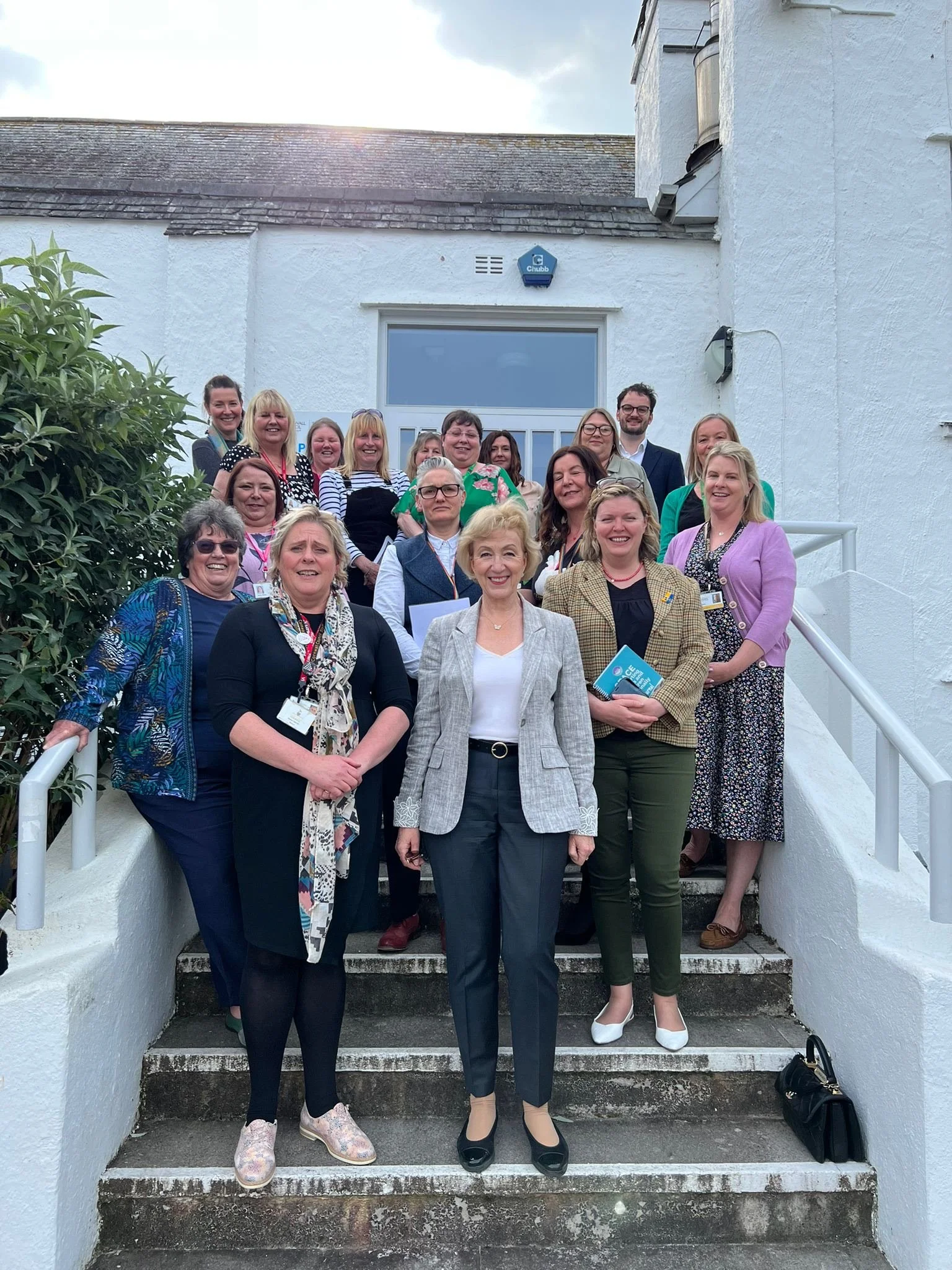Registering births in children’s centres will boost support for struggling families

Frank is one of a small number of Labour MPs, and now a life peer, who is admired and respected as much on Conservative benches as he is on Labour benches for his long contribution to social justice. Andrea has for more than 20 years been involved with early years campaigning, and is currently chairing an Early Years Healthy Development review for the Government.
We first worked together in 2013 on the children and families bill where we co-signed an amendment calling for birth registration to take place in children’s centres.
Separately, we had both seen through our work with early years practitioners how difficult it was to engage with some of the neediest families when they have a baby – registering the birth in a children’s centre would provide a unique opportunity for family practitioners to meet parents, carers, and other children in that family, and to showcase the support that is available.
Birth registrations are most often carried out in the local registry office, often at a town hall. If the father is not married to the mother, then he should be present at the registration if he wants his name on the birth certificate. Often, because Mum is dealing with the new baby, the other partner will go alone to register the birth.
Back in 2013, the APPG on Sure Start launched a year-long review into best practice in children’s services. Our report showed a very mixed picture: some of the best children’s centres were those focussed on outreach to the neediest families, rather than expecting new parents to find their own way at a stressful time.
What was totally clear from talking to new parents is that they need to be told what help is available – too many have no idea where to go for help. Vitally, they need support services to be joined up. If you are depressed, or facing domestic violence, or worried about your baby, the last thing you need is to be passed from one service to another, each time having to start and again and explain your problems.
At the time, we identified what we thought would be a ‘laser intervention’ – one that was totally simple, cheap to implement, and could provide a massive improvement for new families. Birth registration in children’s centres would mean the family could be invited along together, whilst there they could meet the staff, start to understand where to go for help, and meet other new parents.
It would also allow the children’s centre staff to assess who is likely to need the outreach support. Do the family seem healthy and well fed? Are parents in work? Do they speak English? Do they appear happy?
Identifying the so called ‘hard to reach’ families early could have a hugely positive impact on giving every baby the best start in life, and in turn that could transform the happiness and wellbeing of our nation’s families. It is during the critical period from conception to the age of two that the building blocks of lifelong emotional and physical health are laid down, and right now we are missing the chance to support strong early foundations.
At our instigation, the Department of Education at the time agreed to carry out a review of where birth registration currently takes place in children’s centres, and how effective the location is in engaging with families.
The Benchill Children’s Centre in Manchester was one example of best practice for birth registrations included in this APPG report. By offering this service, its ‘re-engagement rate’ with new families increased to 87.5 per cent. Once a week, they would register births, inviting families and chatting with them to find out how they were doing with their new baby. As a result of this qualitative look at the family, the parents could raise questions and issues directly with professional staff, who in turn could prioritise which families need support.
As part of our research, the APPG invited the head of the registrars service to talk to us. He made clear that although it would be perfectly possible to carry out registration of births in children’s centres, it would mean an impact on his staff timetabling so he would not consider such a change unless they were required by government to do it.
There is no doubt this decision should be reviewed. In the Early Years Healthy Development Review that Andrea is chairing and Frank is supporting as a member of the Parliamentary Advisory Group, we want to promote this idea as one whose time has come. It would be relatively easy for a registrar to take their laptop into the children’s centre, and for families as a whole to be invited in to celebrate the new arrival, and register its birth. But importantly, those new parents could be shown the services on offer in the centre and the staff could identify those who may be struggling.
This new approach could play a valuable role in delivering a new vision for the critical first 1001 days from conception to the age of two, with a joined-up service focused on the baby and the family to ensure that every baby gets the best start in life.
Andrea Leadsom is a former Business Secretary, and is MP for South Northamptonshire. Lord Field of Birkenhead is a former Labour MP. This article originally appeared on ConHome.





